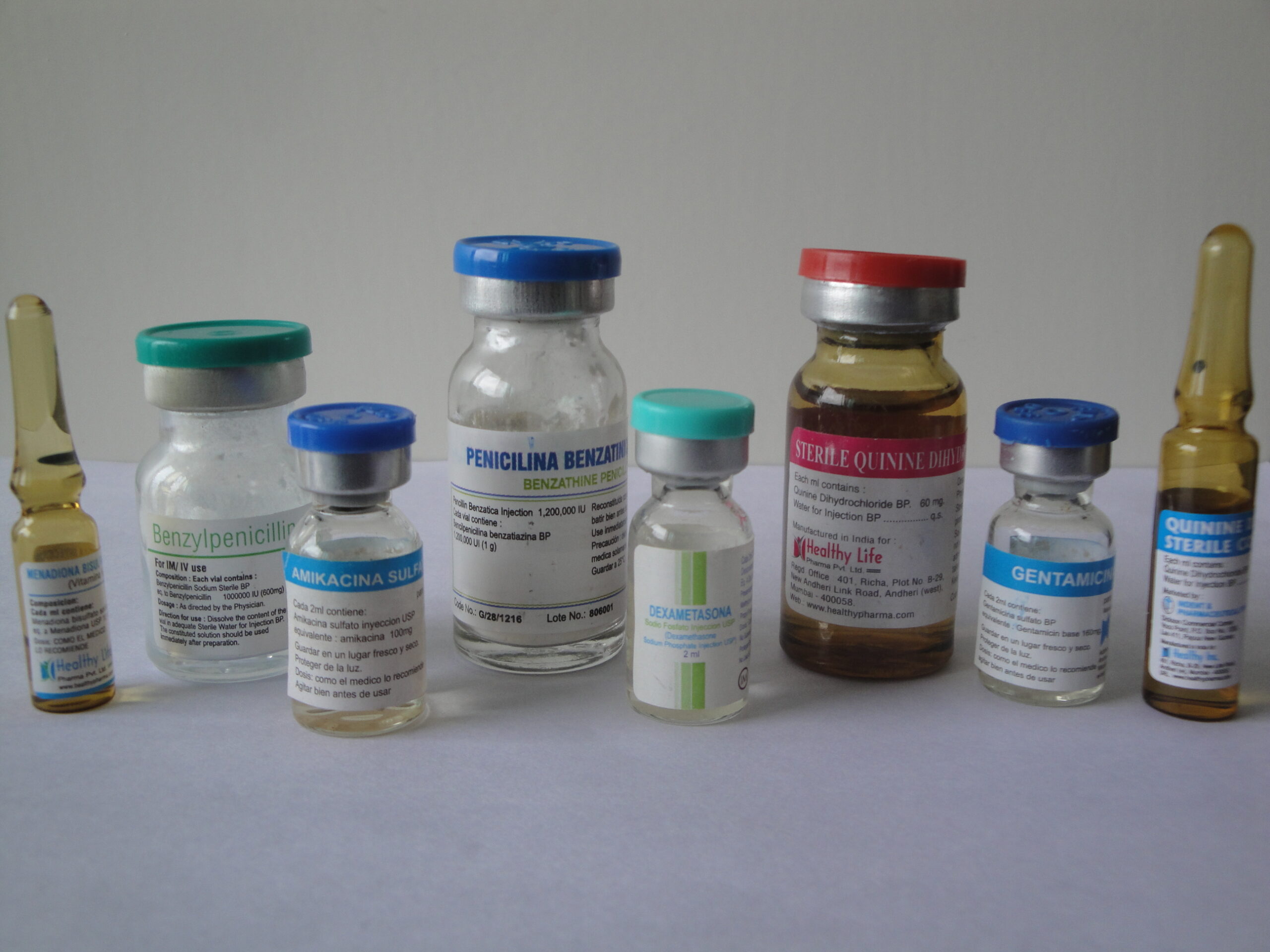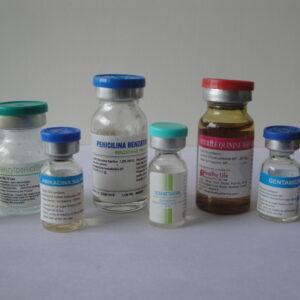Description
Lignocaine Hydrochloride Injection
Lignocaine hydrochloride, also known as lidocaine hydrochloride, is a medication commonly used as a local anesthetic. It belongs to the class of amide-type local anesthetics. The in “Lignocaine Hydrochloride Injection ” stands for “Indian Pharmacopoeia,” indicating that the medication complies with the standards set by the Indian Pharmacopoeia.
Here are some key points about Lignocaine Hydrochloride Injection
Purpose: It is primarily used to induce local anesthesia, meaning it temporarily numbs a specific area of the body, making it insensitive to pain.
Administration: Lignocaine hydrochloride is often administered via injection for procedures such as dental work, minor surgical procedures, and certain medical interventions.
Mechanism of Action: Lignocaine works by blocking nerve signals in the body. It does this by inhibiting the influx of sodium ions into nerve cells, preventing the generation and conduction of nerve impulses.
Onset and Duration: The onset of action is relatively fast, and the duration of anesthesia depends on factors such as the specific formulation, concentration, and the area where it is administered.
Dosage: The dosage will vary depending on the specific procedure, the patient’s weight, and other factors. It is important to follow the prescribed dosage and administration guidelines.
Side Effects: Common side effects may include redness or swelling at the injection site, dizziness, or lightheadedness. Serious side effects are rare but can include allergic reactions or systemic toxicity if too much of the medication is absorbed into the bloodstream.
Contraindications: It may not be suitable for individuals with certain medical conditions or allergies. Always inform your healthcare provider about your medical history and any medications you are taking.
It’s crucial to use Lignocaine Hydrochloride Injection under the supervision of a qualified healthcare professional to ensure proper administration and to monitor for any adverse effects. If you have specific questions about this medication or its use, it’s best to consult with a healthcare professional or pharmacist for personalized advice.
Lignocaine hydrochloride injection (also known as Lidocaine hydrochloride injection in some regions) is a medication used for local anesthesia. It belongs to the class of medications called local anesthetics. Lignocaine hydrochloride works by blocking nerve signals in your body. This results in a numbing effect, which is useful for various medical procedures, including minor surgeries, dental procedures, and certain medical examinations.
Here are some key points about lignocaine hydrochloride injection:
Local Anesthesia: Lignocaine hydrochloride is primarily used to provide local anesthesia. It is injected near nerves to temporarily block sensations of pain in a specific area of the body.
Medical Uses: This medication is commonly used in various medical procedures such as dental work, minor surgeries, and diagnostic procedures like lumbar punctures.
Onset and Duration: The onset of action of lignocaine hydrochloride is relatively rapid, usually within a few minutes. The duration of its effect can vary depending on the dosage and the site of administration but typically lasts for about 1-2 hours.
Dosage Forms: Lignocaine hydrochloride is available in various forms, including injections, creams, gels, and patches. The choice of dosage form depends on the specific medical procedure and the preference of the healthcare provider.
Side Effects: Common side effects of lignocaine hydrochloride injection include temporary numbness or tingling at the injection site, dizziness, headache, and mild muscle twitching. Serious side effects such as allergic reactions or cardiovascular effects are rare but can occur, especially with higher doses.
Precautions: It’s important to use lignocaine hydrochloride injection under the supervision of a healthcare professional who is trained in its administration. This medication should be used with caution in individuals with certain medical conditions such as heart disease or liver dysfunction.
Contraindications: Lignocaine hydrochloride injection is contraindicated in patients with a known allergy to local anesthetics of the amide type or any other component of the formulation. It should also be avoided in patients with certain heart conditions or severe liver disease unless under close medical supervision.
As with any medication, it’s essential to follow the instructions provided by your healthcare provider and to discuss any questions or concerns you may have about lignocaine hydrochloride injection before using it.



